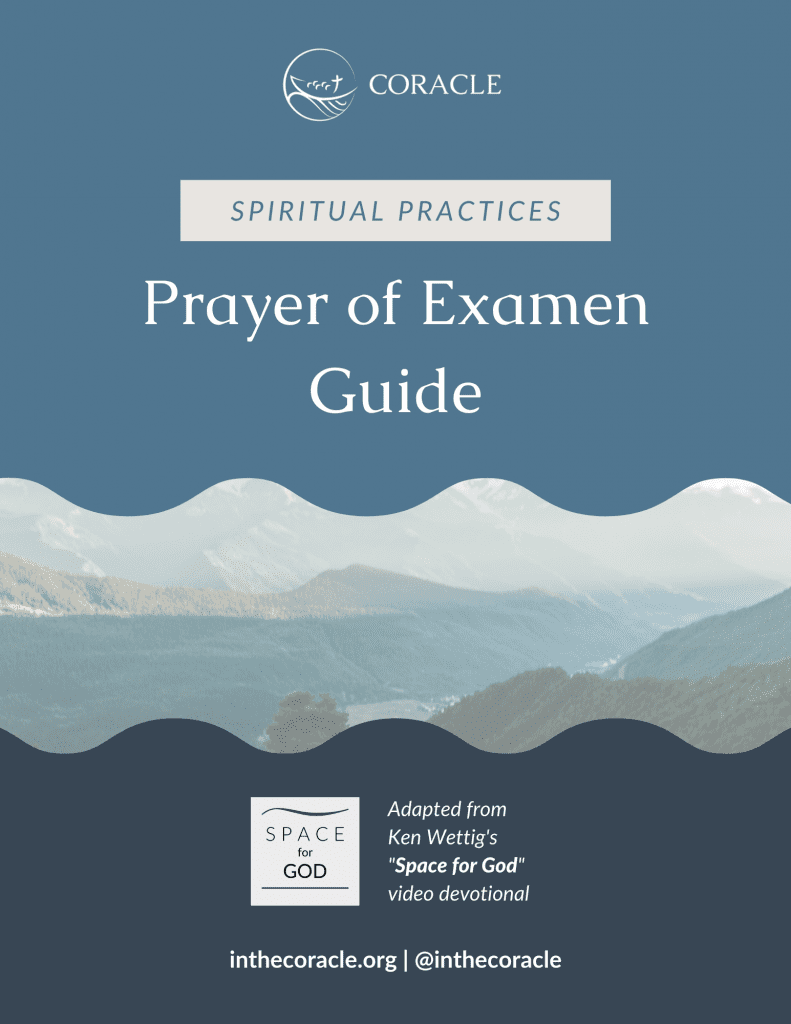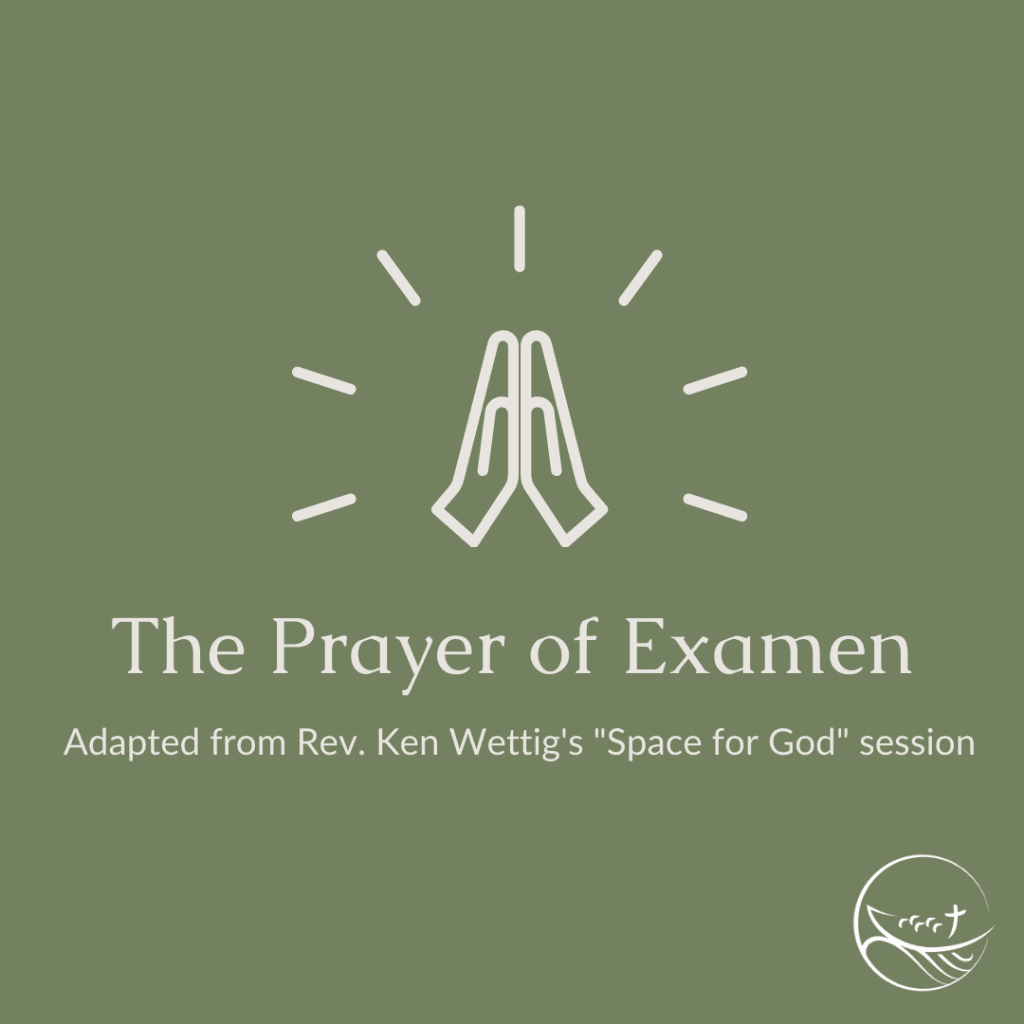
It is not controversial to say that we live in a distracted age. During the time it took to settle in and start to collect my thoughts for this reflection:
- my phone buzzed with a friend’s text sharing a podcast he liked (I responded instinctively),
- a banner notification pinged into the top right of my laptop screen letting me know there was a great sale on hiking boots (I closed my email app… after responding to a few non-shoe-related emails),
- and I even started and then stopped a completely different work project that I hope to have finished by the end of the day.
I know I can grow very comfortable with this disjointed, distracted workflow. It’s just “the way things are” in the 21st Century. But if I’m honest with myself, I do feel a deep sense that my life is all-too-often remaining in the shallows. Perhaps you have felt something similar.
In her book Distracted: Reclaiming Our Focus in a World of Lost Attention, Maggie Jackson puts words to this sense:
The way we live is eroding our capacity for deep, sustained, perceptive attention– the building block of intimacy, wisdom, and cultural progress… This is why we are less and less able to see, hear, and comprehend what’s relevant and permanent, why so many of us feel that we can barely keep our heads above water, and our days are marked by perpetual loose ends.
Thankfully, we are not left without hope. As our friend Curt Thompson often discusses, one of the biggest breakthroughs in neuroscience over the last 30 years has been a broad expansion of our understanding of “neuroplasticity”– the ability of our brains to grow and reconfigure themselves over time. Just as our brains can be shaped by the habits of distraction, so too can they be re-shaped by habits of attentiveness. Amazingly, we find in the spiritual practices handed down to us through the Christian scriptures and tradition precisely the sorts of actions that enable us, when repeated over time, to become people of deeper attention, intimacy, and wisdom.
One such practice is the Prayer of Examen. Developed by Ignatius of Loyola in the 16th Century, this simple practice offers us the opportunity to reflect on the ups and downs of our days in light of God’s constant, loving presence. We have developed a simple guide to help us get started with this practice, and Ken Wettig guides us through the practice in his “Space for God” video devotional as well.
We hope you will be blessed by these resources, and we hope you will share them with others who might also be longing for a path out from the shallows of the distracted life!


